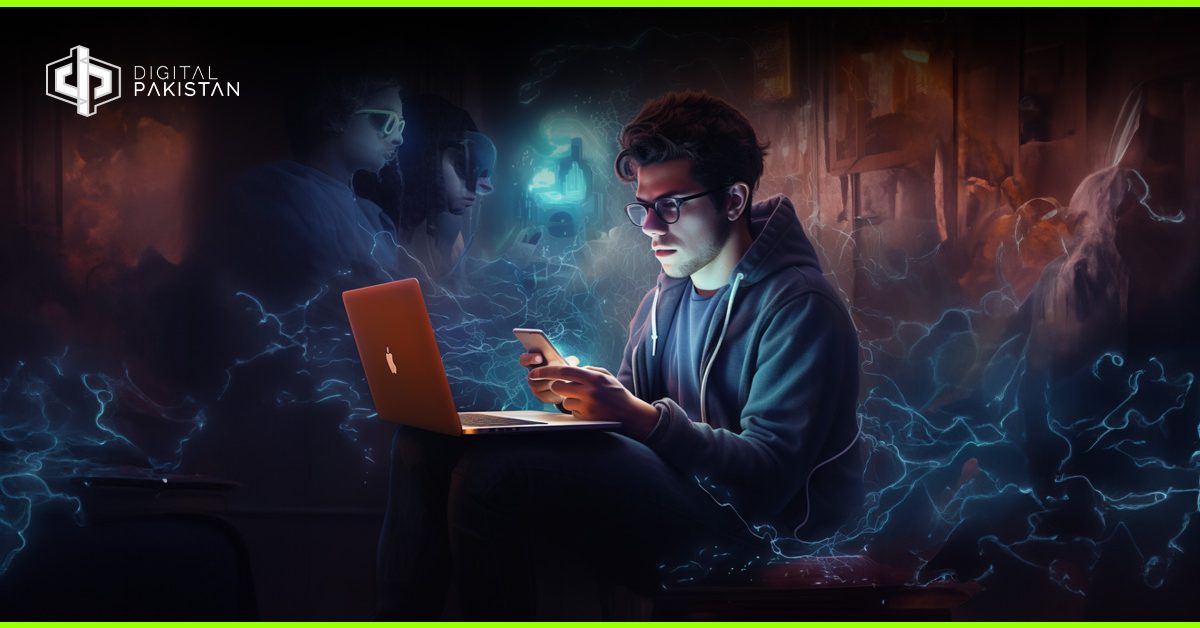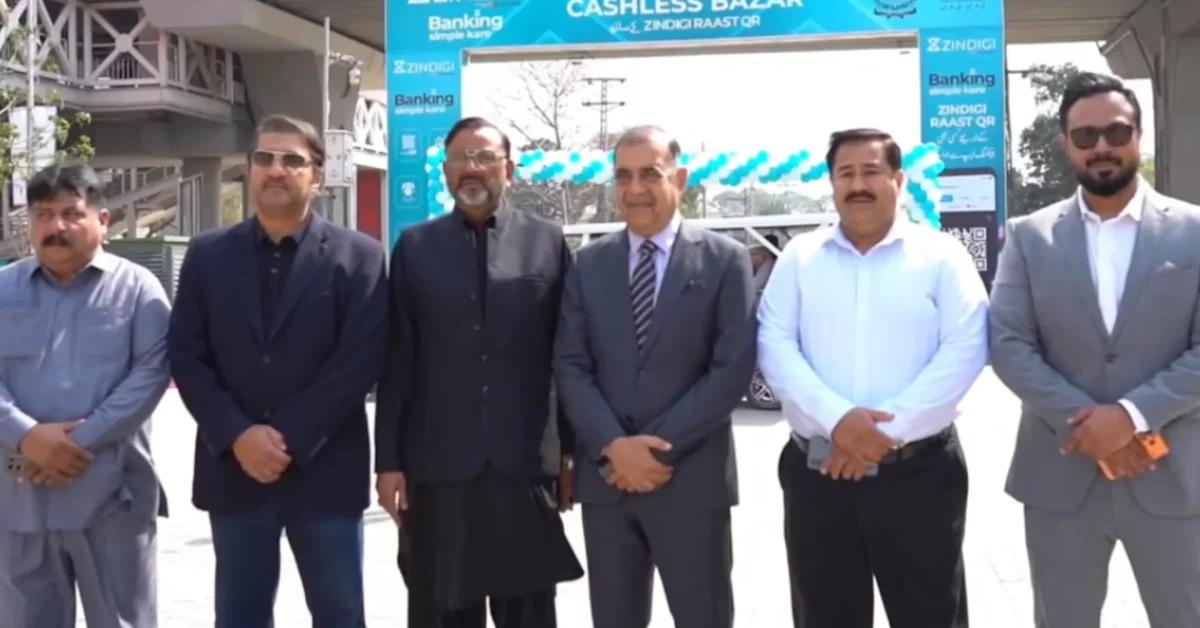
A Day in the Life of the Red Planet
January 25, 2024
Approaching Generative AI Adoption : Navigating Business Transformation
January 31, 2024The Age of AI: Accelerate or Brake?
The “evolution of technology” is a phrase that’s been part of our daily vernacular and our debates since we were kids. After all, technology has been evolving constantly, and so has its impact on our lives. However, AI is perhaps the greatest thing since the internet itself, and it has drastically changed how most of us approach life. Personally, there have been times when I’ve asked ChatGPT a question before remembering I could just… Google it (like I’d been doing for a decade or so before this tool arrived, but nevermind).
Arguably, students are the most affected by AI chatbots. Consider this;
Two Years Ago:
You’ve just received an assignment. The topic is a little unfamiliar. You know you’re going to have to research it a little more than usual. It’s doable, but it will take up so much time, and you’ll have to schedule it. The planning, the writing, the editing — all of it is exhausting and you’re procrastinating, or just crawling towards the light at the end of the tunnel, knowing full well that right as you finally feel it, you’ll be thrust into another tunnel immediately afterwards. That’s what being a student is, and you make peace with it, telling yourself it’s practice for the real world. It’ll be fine.
Today:
You get an assignment and don’t even look at the topic. You know it’s not your problem, not really. You forget it until you see the date and remember the deadline is today, and you’re yet to get started. You open ChatGPT, prompt it to give you a draft (at least), modify it and submit it. Or, if you were never much of a writer, submit it without modification. So much easier and convenient, you tell yourself, it’s not like real jobs will require you to do this much manual work. Not like they’re gonna look for authenticity.
Well, all that is probably based on what you’ve heard. Honestly, I get it. It’s a lot harder to find the motivation to work when you know nearly everyone around you is taking the easy way out, and every single day, you see headlines reminding you of how AI is taking over our jobs, so often you may find yourself wondering, what’s the point?
The reality is, contrary to popular discussions and statements, not everything is succumbing to AI. Technology has always been preferred when it speeds up the process, but there is no technology that can mimic or even fully comprehend the human experience. Even when it comes down to something as simple (and tiring) as writing, not everyone has made the switch to AI because they trust themselves to know more, and word it better than a computer can (and rightfully so).
Admittedly, sometimes you’re just too tired to work yourself. It’s just easier to let tech do the work for you, I get it. But really, does it still feel like your work? When it’s praised, does it really warm your heart the same way? If critiqued, do you feel like the blame is entirely on you? Honestly, I don’t. I’ve used AI too, and even if submitted by me, there is a distinction that it is still not fully mine — and that feeling of ownership will never return if I let AI do everything on my behalf.
I can not dispute the fact that AI has affected the job market, but it also brings forth new opportunities and businesses. Rather than dreading the possibility of being replaced, we have to learn to view it as a chance to adapt and enhance our skills.
Also, when we look at the history of humans, at the paintings in the caves, the structures that stand to this day, and the hieroglyphics — one thing is evident: it is human nature to create. Depriving ourselves of that to focus more on the meaningless mundane will only serve us for so long, and personally, I’d rather not deal with the consequences. Technology only has the power that we give it (literally and metaphorically), so maybe a step back is something to be considered?
About the Author: With chai and Google Docs as trusted companions, Abrish Nayyar has honed the art of weaving stories, fueled by late-night inspiration and the mundane world. Aspiring to one day be a published author, to her, every article is an inch closer to that goal.






